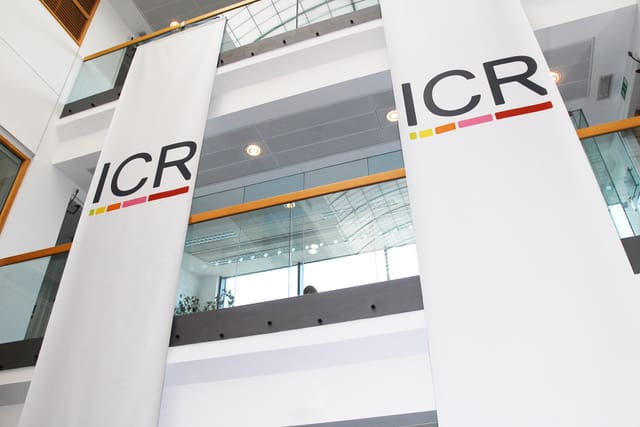ICR’s cancer cell study could offer longer-lasting protection for breast cancer patients
30 May 2024
Cell TherapyImmunotherapy

Preview
Source: PMLiVE
A study led by researchers at the Institute of Cancer Research (ICR)Cancer Research (ICR) has revealed a new way to destroy breast cancer cells, potentially offering longer-lasting protection to patients living with the disease.
The study, published in the journal Immunity, was supported by funding from Breast Cancer Now and Cancer Research UK.
Affecting over 55,000 people in the UK every year, breast cancer is a disease that occurs when abnormal breast cells grow out of control and form tumours. If left unchecked, the tumours can spread throughout the body and become fatal.
After targeting RIPK1, a protein that plays a role in helping cancer cells survive and remain undetected in the body, the team based at the ICR’s Breast Cancer Now Toby Robins Research Centre in collaboration with the ICR’s Centre for Cancer Drug Discovery and Centre for Protein Degradation, used a new innovative technology called proteolysis targeting chimera (PROTAC) to destroy RIPK1 in cancer cells.
PROTAC eliminates specific unwanted proteins within cells that have been previously undruggable through a process known as targeted protein degradation, destroying the problem protein entirely.
“Targeting RIPK1 could improve the effectiveness of existing cancer treatments and protect people from recurrences of breast cancer by training the immune system to recognise and destroy cancer cells,” explained Pascal Meier, professor of cell death and immunity, ICR.
The new approach could also potentially be effective for a variety of different cancers, including triple-negative breast cancer, which accounts for up to 15% of all breast cancers.
For more details,please visit the original website
The content of the article does not represent any opinions of Synapse and its affiliated companies. If there is any copyright infringement or error, please contact us, and we will deal with it within 24 hours.
Organizations
Targets
Hot reports
Get started for free today!
Accelerate Strategic R&D decision making with Synapse, PatSnap’s AI-powered Connected Innovation Intelligence Platform Built for Life Sciences Professionals.
Start your data trial now!
Synapse data is also accessible to external entities via APIs or data packages. Leverages most recent intelligence information, enabling fullest potential.


